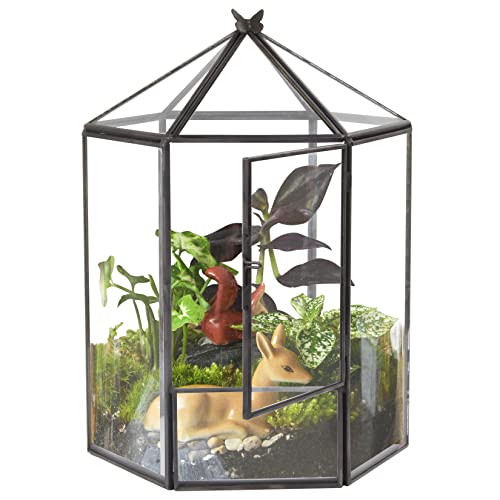Hi
Entomology is a sector of Zoology, which is a sector of Biology, which is a part of natural sciences. In Europe - where I am from - you would have to do it like this:
You would have to search for a University (in USA maybe also a College, but in Europe we don't have Colleges in most countries if not in all countries) that has a faculty for natural sciences. In this faculty, they must have the possibility to study biology. If you have found all the universities which offer biology, you have to check for the institutes within biology. These may be botanic institutes, microbiology or genetic institutes, dozens of other institutes and - what you are looking for - a zoological institute. As a zoological institute may work on a wide range of zoological research (marine parasites, domestic pets, tropical zoology, physiology of mammals and hunderds of other research programms), you have to search for a zoological institute with an entomological research group.
Usually as you start with university, you will have to participate in a wide range of biological courses as well as a few chemnistry-, mathematic- and physic-courses. Later you can choose courses of your interest, and that's when you can concentrate on zoology or, further, on entomology. Later you will have the chance to do your bachelor- and master-degree in the institute that you like most - in your case maybe the zoological or that is to say the entomological institute. Some of the entomological institutes may be specialised in special animals, in animals morphology or in their ecology, in their zoogeography, in their genetics, their evolution or whatever (as you see, all aspects of biology can go hand in hand with each other). Finally, if you still like to continue education, you can become a PhD, post-doc and even Professor in the field of your interest.
Be aware that nowadays it might be difficult to find a job as an educated zoologist or taxonomist, if you not work along with aspects of other, newsworthy fields of biology, namely genetics, microbiology, pollution control, global warming and so on. With only the traditional zoology, you can for example work in natural history museums, zoos or something like that, but these jobs are rare to find. But of course it is possible to do research on these newsworthy fields of biology as an zoologist/entomologist. All you need are good ideas for research (or a professor who tells you what you have to do). For example you can investigate if the population of a - let's say - mantis species at a given locality is influenced by an environmental change or, the other way around, if the mantis population and changes in this population over some years can be used as an biological indicator for environmental stress, pollution and so on. Or you can do genetic analyses of mantids and review their taxonomy. Or, as it was mentioned above already, use insects for medical or forensic research.
However, studying biology will give you an overview of all the fields of this science and - who knows - maybe you will find something else that fits better for you than zoology. Or you will be more and more sure that zoology is what you want. Finally you should know that a lot of educated biologist sooner or later don't want to do research anymore, as it is an uncertain business and it might be difficult to earn money or receive research fundings. Such research fundings may be given for a short period, for example 1 or 2 or 3 years. Afterwards,you have to apply for new fundingsand maybe won't have any income. A lot of biologist therefore apply for jobs in the economy sector, for example as product specialists and product agents, customer advisors and so on (and managers might not choos a traditional zoologist for such a job).
regards











































